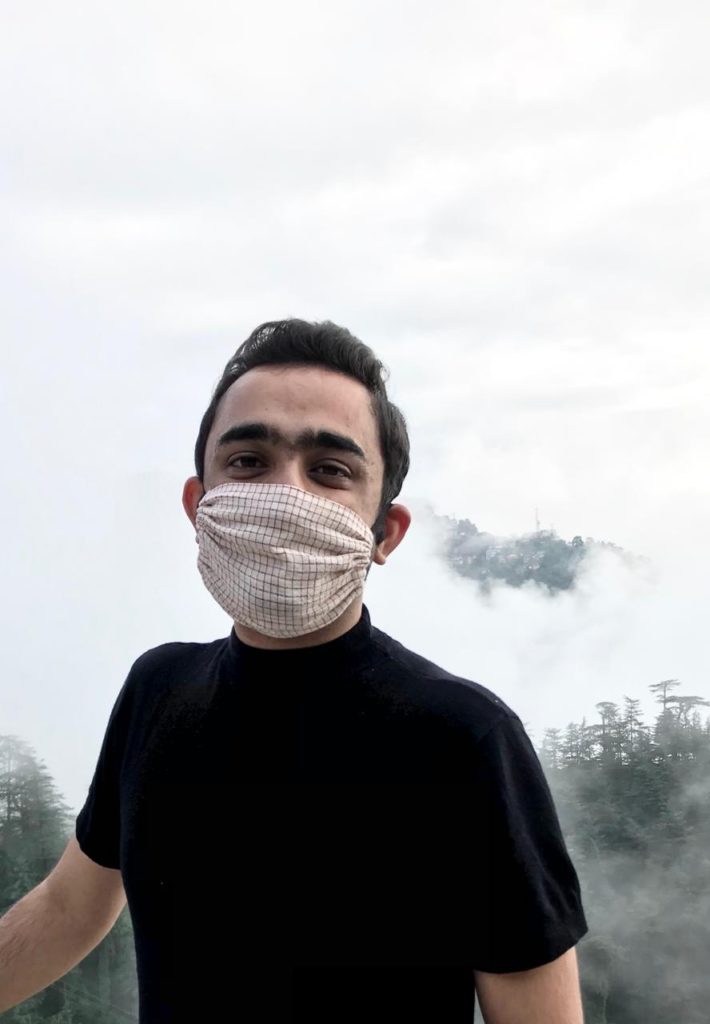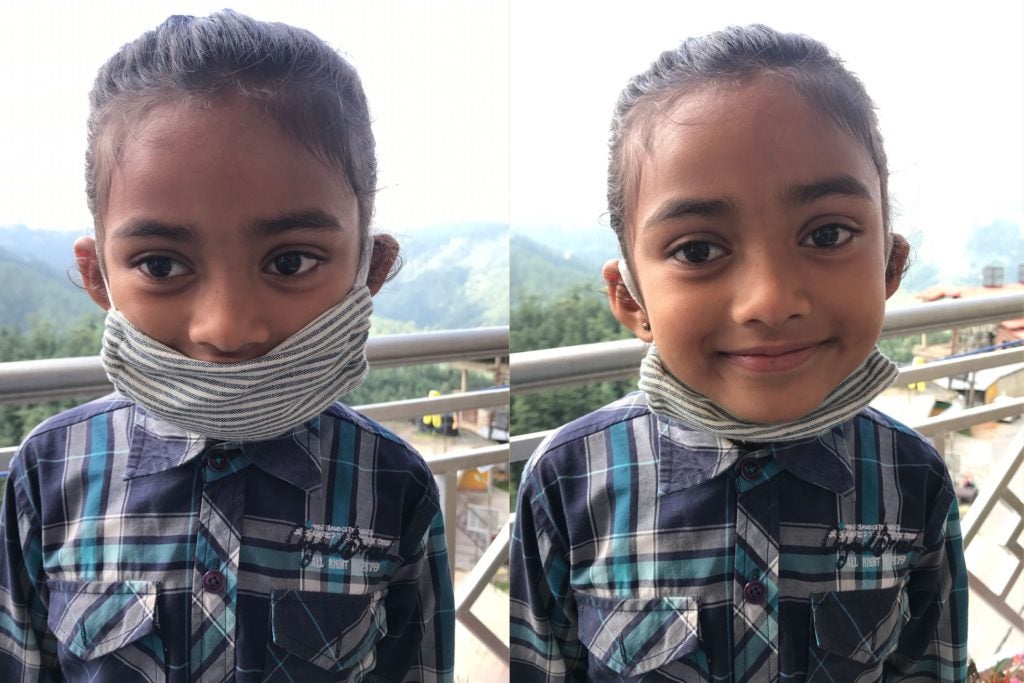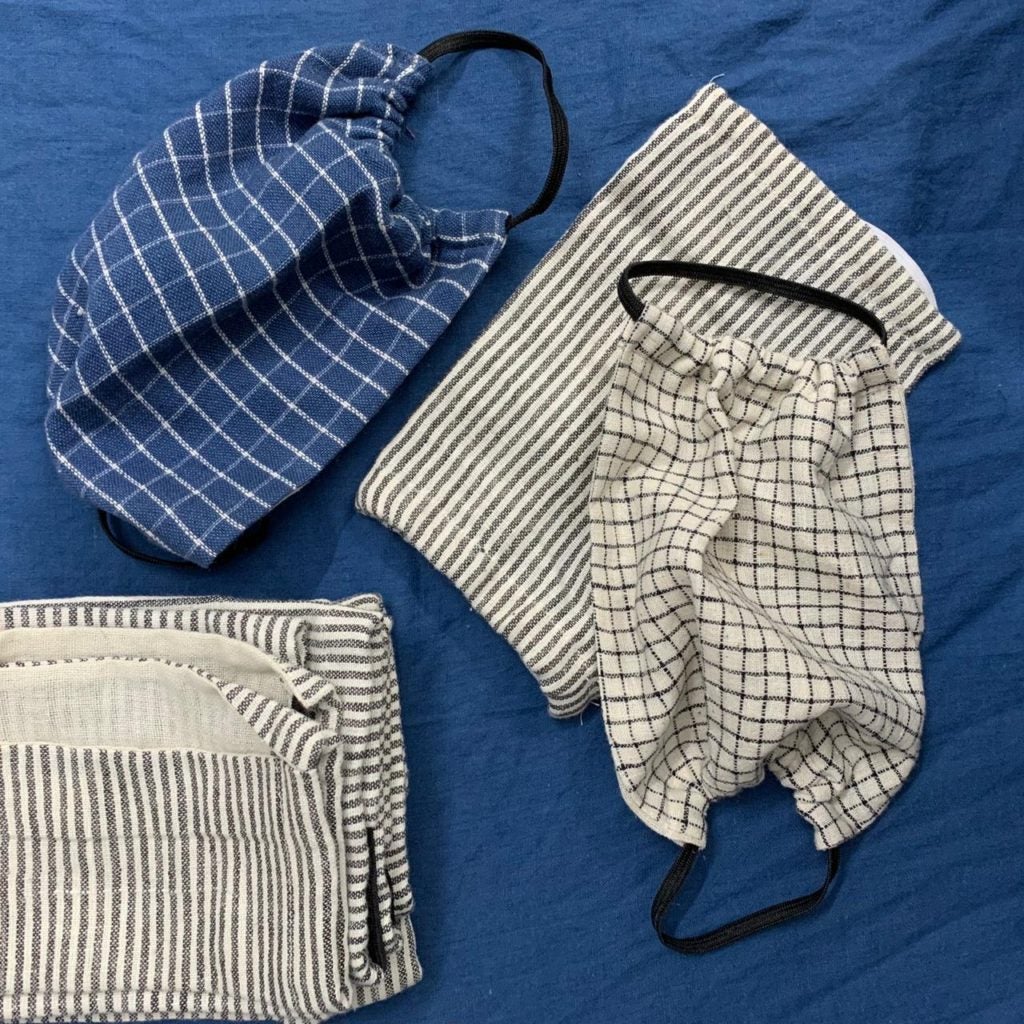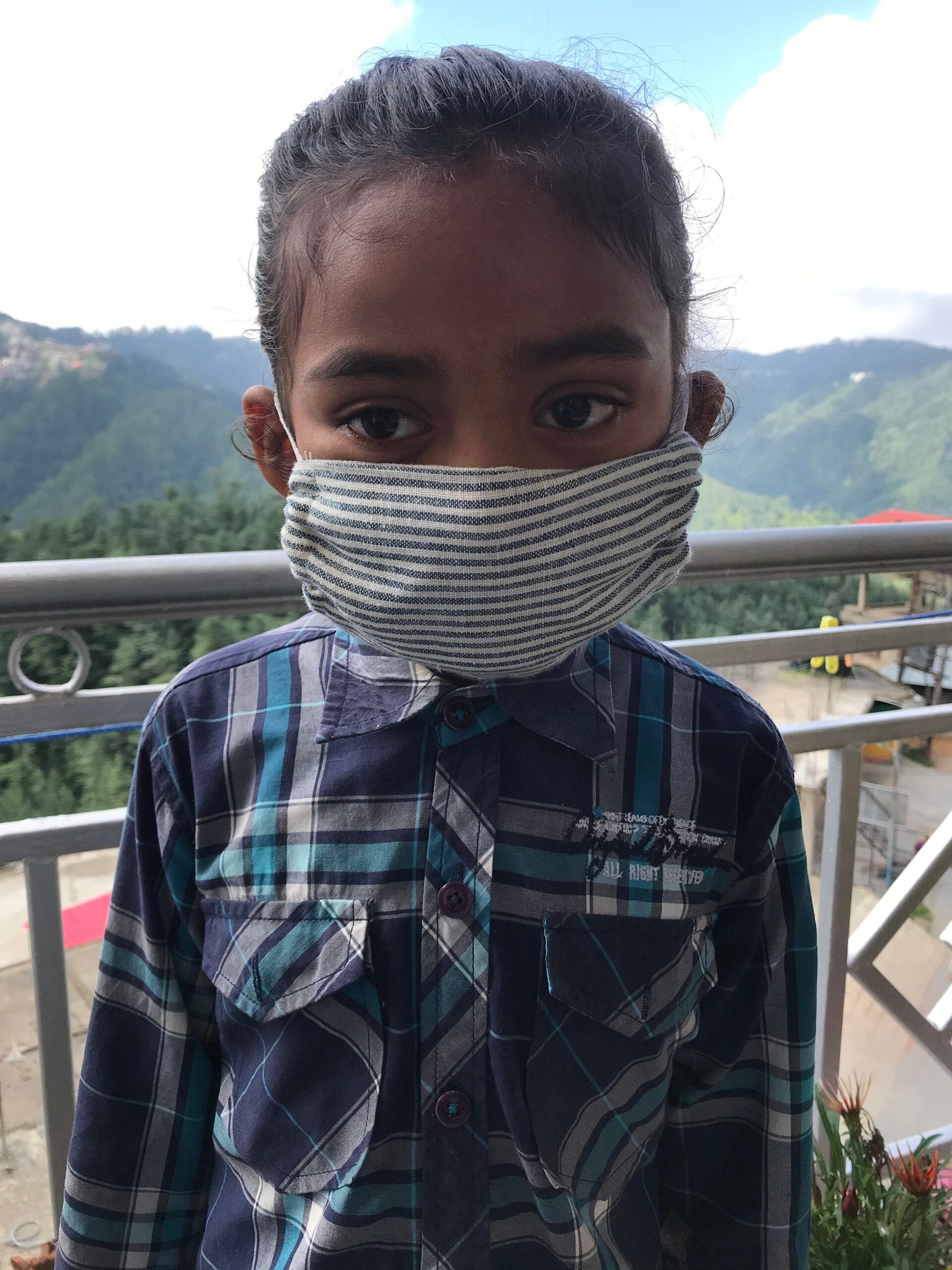
When COVID-19 erupted earlier this year, Sidharth Chauhan LL.M.’21 was living and practicing law in Mumbai, India’s largest and most populous city. But he grew up in Kotkhai, a small village in the foothills of the Himalayas, surrounded by apple orchards. And for him the village is home. “Its residents are my extended family,” he said. “They were my storytellers and my playmates, and they are an integral part of who I am today.”
In March, when Mumbai was in a strict lockdown due to rising cases of COVID-19, Chauhan was speaking by phone with a village elder. “He couldn’t understand why the government was making noises about wearing a mask; he said it’s just a virus, it will go away. This was someone who was very close to me, and he was not being careful.”
“I realized that being in a city, it’s so easy to get information, but what is seamless for us is still a struggle for them,” he recalls. “If the virus spreads in the rural areas of India, the outcome could well be devastating, given the state of the grassroots healthcare system.”
Chauhan began crowdfunding, asking friends, family, and coworkers for donations, raising over $2,000. He then visited villages near his home, talking to residents, distributing masks to street vendors and others, and organizing meals for people who could not afford them.

Soon, he asked himself if he could do more to promote local employment. “In rural India, they do a lot of craft work. But everything was shut down and no one was buying anything; they just wanted essentials.” Chauhan did his due diligence, reading guidelines from the equivalent of the Centers for Disease Control and Prevention, watching videos, and consulting with a law school friend working in the fashion industry, who sent him information about suitable fabrics. Then, he developed specifications for a light, comfortable, three-layer cotton mask, with simple elastic loops instead of cumbersome ties, in sizes to fit adults and children, that could be washed and reused many times. With the funds he has raised, he provides good quality materials to local workers, who sew the masks and sell them back to him in bulk, so he can distribute them in the villages around his home. To date, the village workers have made some 9,000 masks, and Chauhan expects to order at least that many more.

As he has spent time in the state of Himachal Pradesh, where he was raised, he has identified a broader array of needs, and has branched out into other heartfelt efforts to meet them. One involves teaching young girls—many of them the children of domestic workers—how to use WhatsApp and Zoom to access their schoolwork. “I grew up in one of these villages, and I know what the challenges are,” he explains. He hopes soon to begin working with teachers, to enhance their ability to use technology in their teaching, and to reach out to old age homes, to visit residents and share meals with them. “If I have more resources, I would like to help stray animals,” he adds. “Many have been badly affected by the lockdown.”
Chauhan has always been interested in law and technology, and has realized that much can be done with technologies already in place—even something as simple as making short videos to share information about COVID-19, because videos have more impact, or using WhatsApp to send messages about social distancing. He has also launched Project CARE-ona, an Instagram feed highlighting masks and people wearing them. (In one set of photos, a little girl demonstrates how NOT to wear a mask—around your neck or with your nose sticking out.)
At HLS, Chauhan plans to focus his studies on corporate law, antitrust, and law and technology. “There have been a lot of technological advances [in India], and there are corporate and antitrust issues that crop up in the digital world, and a lot of data issues,” he observes. “I want to see how law and technology work together, and how the internet is going to change the face of different countries. With so much technological advancement, Indian laws need to change with the changing times.” Eventually, he would like to serve on the Competition Commission of India, and to teach competition law. But first, “we derive our jurisprudence from U.S. and E.U. law, especially in competition law, [so] I want to get experience in these advanced jurisdictions and then apply these principles when I come back to my country and see what kind of changes we need.”
Chauhan’s work began as a solo endeavor, but he has now recruited volunteers to assist with distributing masks and sharing information. On a recent visit to a farm near his village, Chauhan noticed that many people were wearing masks, even workers out in the fields, and following other safety protocols. Still, he is quick to point out that his efforts to address the pandemic grew out of a simple conversation with a friend. His advice? “Just talk about it. Awareness is key, and we take it for granted. I personally believe that every drop in the ocean counts. Even small efforts that you take into the community really matter.”
